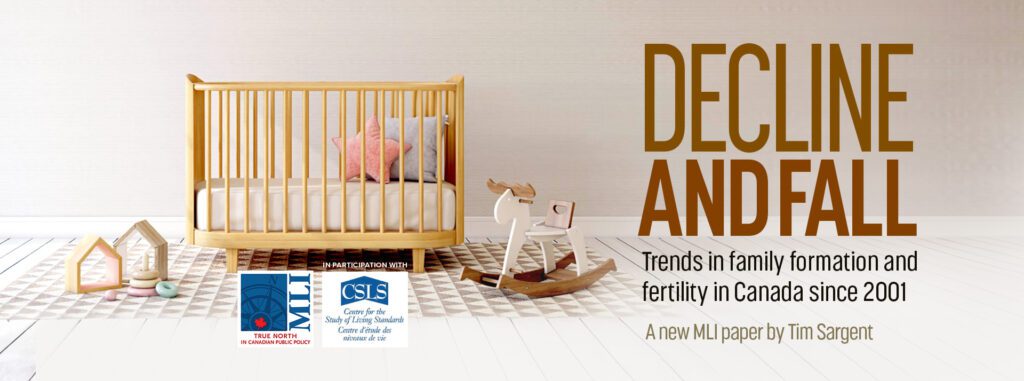This article originally appeared in the Globe and Mail.
By Ramona Coelho, October 28, 2024
A lack of proper care and inadequate safeguards are driving some Canadians with disabilities to choose assisted death. This is just one of the disturbing findings revealed by a report released earlier this month by the MAID Death Review Committee, which was launched in January by the Chief Coroner of Ontario.
As a member of the committee, I am dismayed to confirm the validity of repeated warnings from the Canadian Human Rights Commission (CHRC) that some Canadians with disabilities are opting for medical assistance in dying because they lack access to essential supports and health services.
The MDRC report also underscores a troubling trend: some MAID providers may end the lives of Canadians with disabilities without fully exploring other care options, considering the effects of non-medical factors influencing requests for death, or questioning whether MAID should even be an option. The law must change to prevent these needless deaths.
The federal government legalized MAID in 2016 as a last resort for suffering individuals facing a “reasonably foreseeable death,” now called “track one″ deaths. It expanded that in 2021 to include Canadians with disabilities who are not dying but are “suffering intolerably” and “in an advanced state of irreversible decline of capability,” or “track two″ deaths. Of the 4,644 MAID deaths recorded in 2023, 116 were track two.
We found that track-two patients tend to come from a younger cohort, with the majority falling between ages 18 and 59. Alarmingly, out of all 116 such deaths, 61 per cent were female. Research shows that twice as many women attempt suicide, but then benefit from suicide prevention and do not reattempt. Individuals who chose a track-two death were also more likely to reside in areas with higher levels of marginalization.
Worryingly, the report also suggests that MAID recipients lacked adequate mental health and disability supports before ending their lives. Only 8.6 per cent of Canadians who chose track-two deaths were first offered housing support, and 6 per cent were offered income support.
The case reviews are telling. In one situation, a man with inflammatory bowel disease was informed about MAID – an example of potential undue influence. Although the man also struggled with untreated addictions, social isolation, and mental health issues, those appear to have been largely overlooked, as were his family’s concerns. In another case, a woman with multiple chemical sensitivities opted for MAID due to suffering caused by isolation and her housing situation.
As a physician serving marginalized patients for 17 years, I have seen how a lack of care, discrimination and social isolation can deepen despair. In contrast, supportive care can ease wishes for death and lead to healing – even if it requires significant effort and time.
The vague language used in MAID legislation only exacerbates the situation. Terms like “reasonably foreseeable death,” “intolerable suffering,” and “irreversible decline” remain largely ambiguous, making their use as eligibility criteria worrisome. Patients are legally entitled to refuse treatment options (they can decline, or services might simply be inaccessible) before opting to end their lives, but clinicians only need to inform patients that treatments exist; they do not have to provide access to treatments and social support. These factors highlight the risk of abuse in the process.
Medicine has developed standards of care designed to protect patients, and these standards should apply equally to MAID. To suggest that eligibility should be decided on a case-by-case basis, as expansionists have repeatedly argued, is an irresponsible approach. In Canada, some doctors have deemed patients eligible for MAID due to suffering exacerbated by long wait times for care. Meanwhile, the Canadian Association of MAID Assessors and Providers is offering clinicians guidance on how to convert track-two MAID requests into track-one cases, facilitating a quicker MAID death.
But since health conditions can improve and suffering can be alleviated through care and support, it is crucial to emphasize the need for better care and to address issues like housing, addictions, and palliative care for those in terminal situations.
By offering Canadians with disability easy access to MAID, physicians are reinforcing ableism – the belief that disabled lives are less valuable. Many in the disability community strongly opposed MAID’s legalization – including a coalition of disability groups that has launched a Charter challenge against track-two deaths, alleging that MAID for people with disabilities violates their equality and security rights – but Ottawa has largely dismissed their concerns.
Moving forward, we must actively listen to the disability community in these conversations. It’s a matter of life or death.
Dr. Ramona Coelho is a family physician whose practice serves marginalized persons in London, Ont. She is a senior fellow at the Macdonald-Laurier Institute and co-editor of the upcoming book Unravelling MAID in Canada: Euthanasia and Assisted Suicide as Medical Care.







